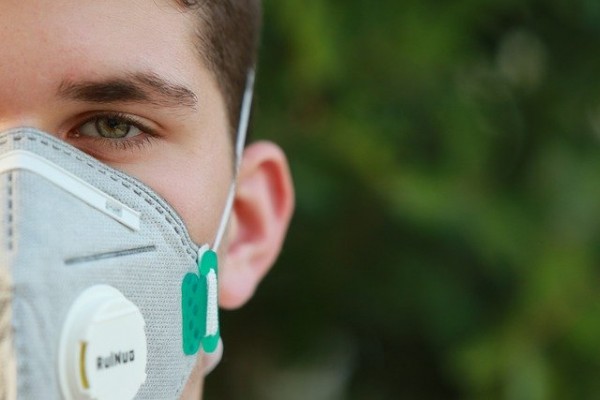
KEY POINTS
- Coronavirus has spread to different parts of the world at a rate faster than governments can handle
- Scientists have revealed that some habits may have contributed to the rapid spread
- Among these habits include borrowing smartphones and bringing shoes inside the house
The number of confirmed cases of coronavirus around the world has reached a staggering total of 532,289, stoking fears it could reach a million in less than 30 days. The spread of the virus was so fast that in just a few days, confirmed cases in the US jumped from under a thousand to 85,594. This caught everyone by surprise as to how it was able to spread that fast.
According to the Centers for Disease Control and Prevention or CDC, the virus is transmitted through droplets. For instance, if you are less than a meter away from a confirmed case, when that person coughs, sneezes, or even just talk in your direction, you could get infected.
Coronavirus-laden tiny droplets from the patient's mouth or nose could enter your system through your eyes, mouth, or nose. These droplets could also settle on your hands or arms, and the mere act of wiping your face could get you an infection.
Contaminated Surfaces
The CDC also warned people against touching contaminated surfaces as coronaviruses can live anywhere between nine hours and seventy-two hours, depending on the type of surface. For instance, droplets fall on surfaces like wood, glass, plastic, cloth, or metal; the virus continues to live for several hours. You can pick up the virus by merely touching the contaminated surface with your hand and accidentally bringing your hand to touch your face, nose, mouth, or eyes.
Common objects like doorknobs and handles, tables, wine glasses, and many more can be contaminated by the virus. Scientists believe that this is one of the reasons why the virus has spread exponentially. Recently, it has been discovered there are other common objects which may have contributed to the spread.
Day-To-Day Objects That Increases Risk Of Infection
A new study has found that smartphones are thirty times dirtier than toilet seats. Touching the smartphone of a confirmed case increases your risk of getting a COVID-19 infection. The same study also found that shoes are now being looked at as a major culprit in spreading the virus.
Researchers found that coronavirus can live on the soles of your shoes for several days. This means infected persons wearing contaminated shoes can spread the virus by merely walking in busy areas such as shopping areas.
Avoiding Infection
There are times when you are tempted to borrow your friend's or colleague's smartphone because you ran out of batteries. While this may have been okay in the past, you never know if your friend or colleague is a carrier. This means you should avoid this habit from now on to reduce your chances of getting infected.
As regards the shoes, the latest tip from health professionals is to leave your footwear outside your door and not bring them inside the house. Wearing footwear inside the house increases your risk of bringing the virus into your household. On the other hand, leaving them outside greatly minimizes this risk.


























